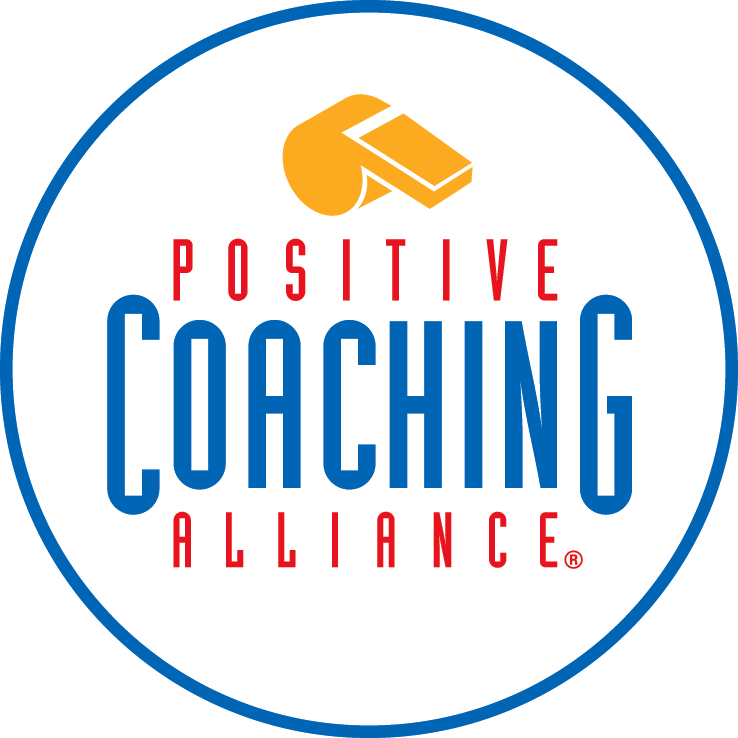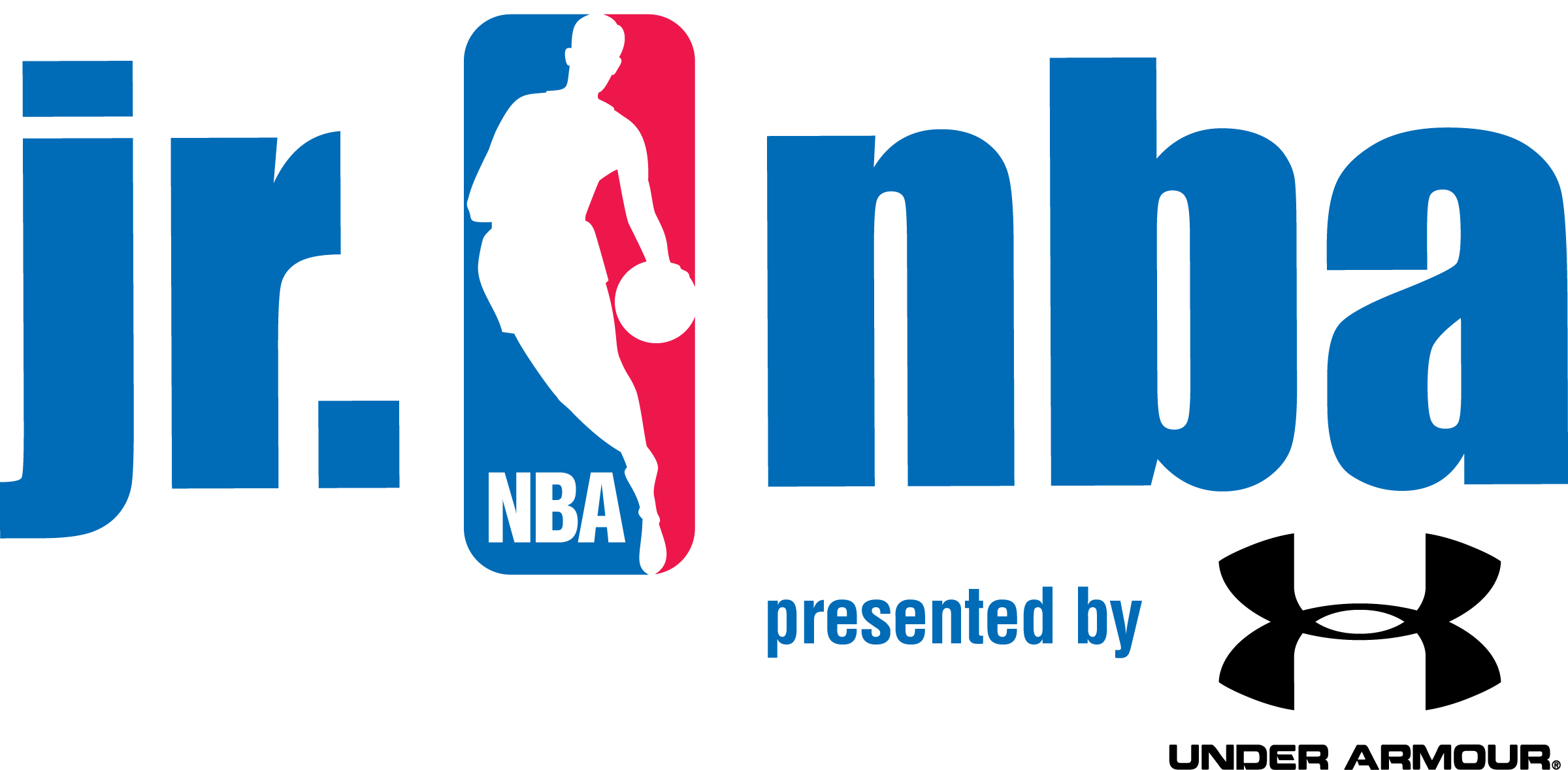What is the role of the coach in player development?
Obviously if your child is working individually with a basketball skills trainer the sole focus should be on player development, both physical and mental. A skills trainer is not responsible for balancing the needs of the individual player with the needs of a team. The skills trainer should be working to maximize the skill level of the player during their time together. A skills trainer has a responsibility to help a player to reach his or her potential. This means working to develop areas of a player’s game that may currently be weaknesses and not just focusing on a player’s strengths.
On the other hand, what is the responsibility of a “team” coach when it comes to player development? Do the needs of the individual player come first, or the needs of the team? For example, let’s say we have a high school sophomore who is 6’3” and wants to play college basketball. In high school, that player may be a post player that the coach wants to play inside. That is where the player is most comfortable at this stage of their career and is also where they can help their high school team win right now. However, if we project that player to the next level it is highly unlikely that he will be a post player in college. The player will have to develop perimeter skills in order to reach his goal of playing college basketball. What role does the high school coach play in this player’s development into a college player? Should the coach maximize the player’s current skill set (post skills) which helps the team most or should the coach try to develop the perimeter skills of the player to the potential detriment of the high school team? (The player may turn the ball over frequently if he is handling it a lot.)
The younger the players the more the coach should tilt in the direction of player development over team success. Youth league coaches should be focused on developing well rounded players that can play anywhere on the court. Winning should be far down the list of goals for recreation, travel, and youth AAU coaches. Especially in practice, everyone should be given opportunities to handle the ball, make decisions, and play multiple positions. Young players want to have fun playing and practicing. Giving all players a chance to have the ball increases the likelihood of kids having fun. No one wants to be a “screener” or “rebounder” who never sees the ball when they are 9 years old! By developing versatile players the team will most likely improve over the course of the season. Coaches should always remember that in general the team with better, more skilled players will win more games. Youth coaches have a responsibility to develop skilled, all-around players.
In high school or college the balance between player development and winning becomes less clear. Is it the job of a successful (in terms of wins and losses) high school or college coach to let players stretch themselves to prepare them for the next level? Should a coach help fix the shooting mechanics of a player that may not be able to get their shot off at the next level if that player is currently shooting 50% from 3 point range? Chances are that player’s shooting percentage would drop initially which could cost the team a win or two. What should a coach do in this situation? Or what if a player who has played with their back to the basket for their entire career wants to develop a face-up game in order to attract more college recruiters? Should the coach allow the player that freedom in games or keep them with their back to the basket?
I believe coaches at the high school and college level have a mandate to win games. Ultimately that is how they are judged. If a high school or college coach doesn’t win they don’t have a job for very long. That being said, all coaches should be attempting to maximize their players’ potential. Even if the coach makes clear what role the player currently fills on the team, good coaches are preparing players to expand their role by helping them develop new skills and improve as a player. This can be done before, during, or after practice and not sacrifice the immediate success of the team. The greatest gains for most players happens in the off-season anyway as coaches tend to focus more on team development during the season. The best coaches are developing players at the same time they are developing a winning team.
Leave us a comment about this post headstartbasketball@usa.net



